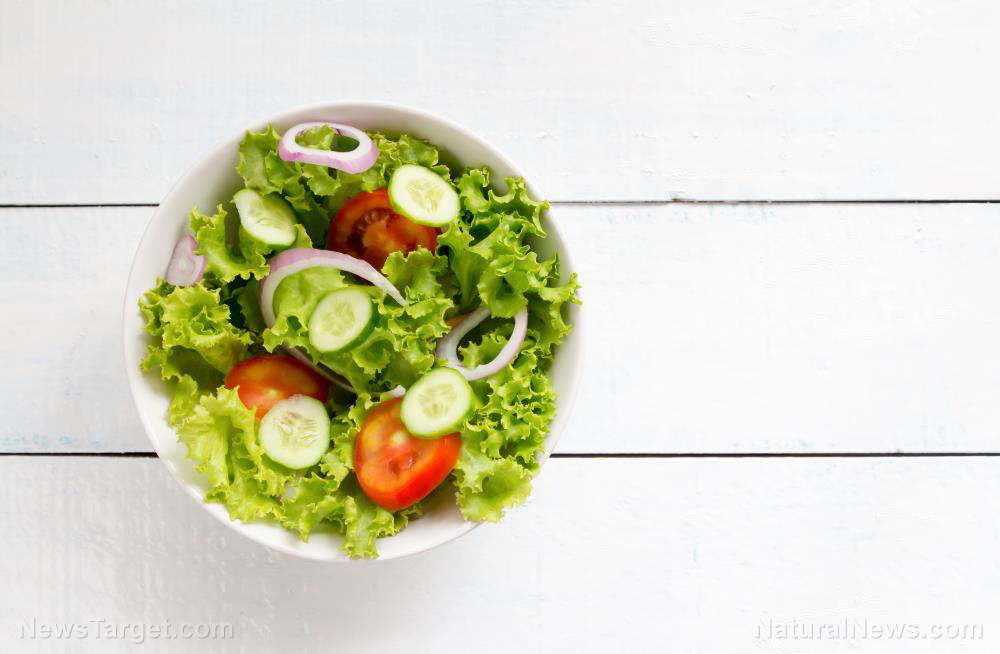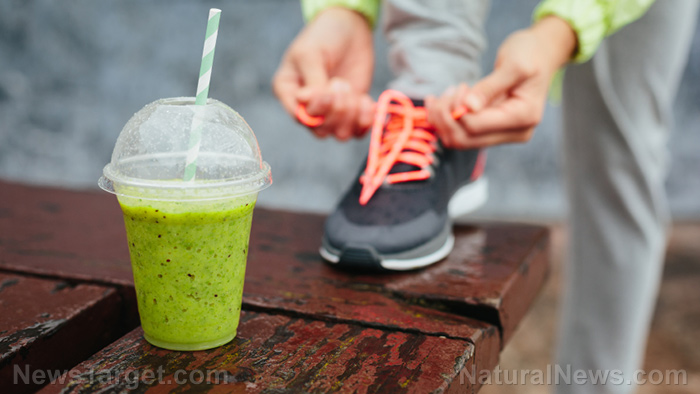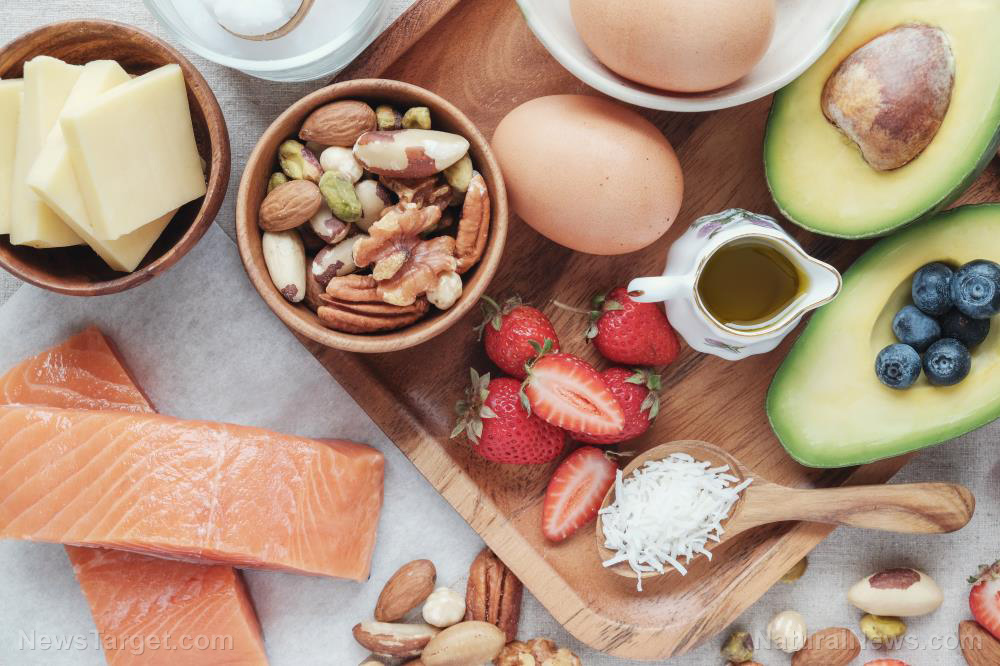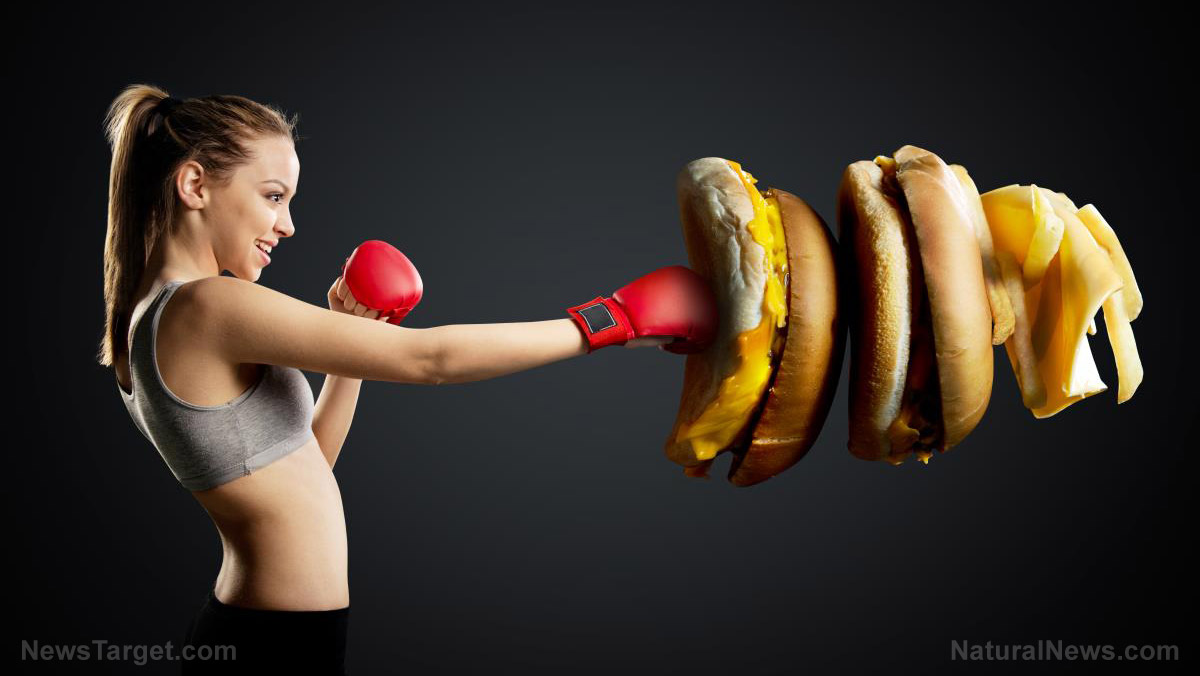Study: Runners on vegan, lacto-ovo-vegetarian and omnivorous diets have similar exercise capacity
01/24/2020 / By Ralph Flores

For athletes, training is just half the equation for winning the sport. The other half could very well be their diet, since eating the right foods can help improve their performance significantly. For the latter, going on the internet can be a minefield, with many health sites offering different (and sometimes even contradicting) thoughts on which diet best complements your exercise. In particular, a growing trend among athletes is going for either a vegan or vegetarian diet. Elite athletes like tennis star Serena Williams and ultramarathoner Scott Jurek swear by the benefits of eschewing meat and following a plant-based diet, with Jurek even saying that cutting meat helped him win marathons.
If you’re looking to join their ranks by switching to a vegan diet, a recent study published in the Journal of the International Society of Sports Nutrition might surprise you. In their work, researchers from Leibniz University Hannover in Germany revealed that everyone’s exercise capacity was similar – regardless of diet. In an interview with Runner’s World, co-author Andreas Hahn stressed the need for proper nutrients for athletes to perform well.
“The main issue is to get an intake of energy and nutrients that is adequate for runners — and this can be achieved by different types of diet,” he added. (Related: Vegan Diet Reduces Risk of Arthritis, Heart Attack and Stroke.)
Endurance, no matter the diet
For the study, researchers enrolled a total of 76 recreational runners – comprising vegans, vegetarians and omnivores. Then they had participants answer a survey to determine their group.
- Those in the omnivorous group consumed cereals, plant-based foods, legumes, milk and dairy products, eggs, as well as fish, meat and meat products.
- Those in the lacto-ovo-vegetarian group consumed cereals, plant-based foods, legumes, milk and dairy products and eggs.
- Those in the vegan group were characterized by the consumption of cereals, plant-based foods and legumes.
The team looked at any advantages a certain diet could give a person’s exercise capacity. “Exercise capacity” is the maximum amount of physical exertion — that is, the act of using muscles to keep fit — a person can sustain. To determine the runners’ exercise capacity in the study, the team had them ride an exercise bike until they reported that they couldn’t anymore. Afterward, they measured the participants’ body mass, body cell mass and relative body fat.
Despite their differences in diet, the researchers found no differences in exercise capacity among the participants.
“The results suggest that there are no differences in exercise capacity between vegan, lacto-ovo-vegetarians and omnivorous recreational runners,” they concluded in their report. “A lacto-ovo-vegetarian and also vegan diet might be suitable alternatives for recreational athletes.”
It’s worth noting, however, that the study only looked at an athlete’s endurance, not skill. In an interview with Healthline, David Nieman, an exercise science researcher at The University of North Carolina at Chapel Hill who wasn’t part of the study, noted that while a person may opt for a vegetarian or vegan diet for endurance, it won’t do much for his sport skill.
“The only possible way it [a vegan diet] may help some people is if they’re involved in a sport that takes more than an hour,” he added. “And that’s only if they were on a low carb, high-fat diet and switched to a vegan diet, which would mean they’d be taking in more carbs.”
Eat more vegetables
There’s still a case for adding more vegetables to your plate, regardless of which category you fall into. Eating more antioxidant and anti-inflammatory foods, especially fruits and vegetables, can greatly help with cognitive function, including mental endurance and motivation. Adding some lemon juice, in addition, can help your body absorb the iron from the vegetables. If you’re looking to add more flavor, ditch the salt and go for spices like turmeric, garlic and cinnamon.
At the end of the day, healthy eating and proper training are still the cornerstones of a great exercise performance, no matter the diet.
Sources include:
Tagged Under: athletes, athletic performance, Diets, endurance, exercise, fitness, fruits, lifestyle, plant foods, research, slender, sports science, vegan, vegetables, vegetarian
RECENT NEWS & ARTICLES
Fasting.News is a fact-based public education website published by Fasting News Features, LLC.
All content copyright © 2018 by Fasting News Features, LLC.
Contact Us with Tips or Corrections
All trademarks, registered trademarks and servicemarks mentioned on this site are the property of their respective owners.

















